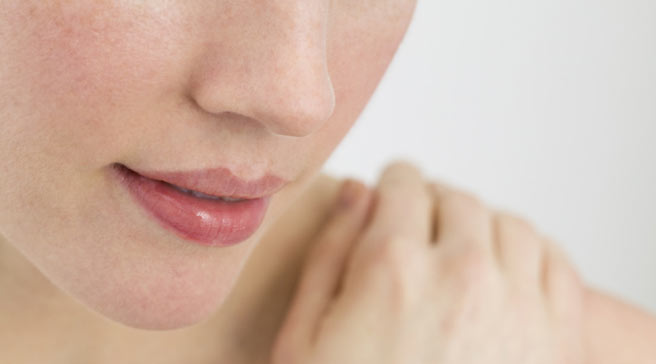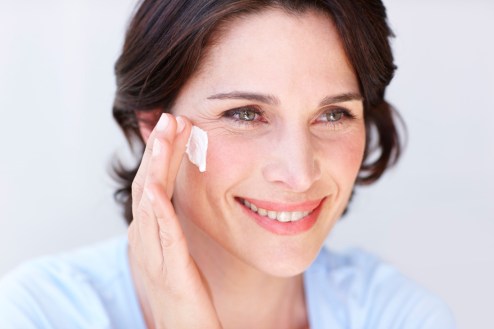Written all over your face
Relationship breakdowns, late nights and poor diets all leave their mark on our skin. Fortunately, new research and treatments are helping repair the damage

When Coco Chanel declared we get the face we deserve, she wasn’t wrong. Our constitution may be rock solid, but if we don’t treat ourselves with respect, our lifestyle choices will soon show in our features. ‘Our face can be divided into zones that relate directly to our organs, in much the same way our feet can,’ says John Tsagaris, doctor of Chinese medicine at London’s Vaishaly Clinic. ‘Any imbalances and stress in your internal organs will show up in the corresponding face zone. The good news is that if you know the signs, you can prevent problems from developing in the first place.’ So what should we be looking out for?
According to Chinese medicine, these areas that relate to organs:
Area around the mouth – the sexual organs and immune system.
Mouth – the digestive system: a swollen or dry bottom lip can denote a colon imbalance.
Cheeks – the lungs: inflammation or spots here point to mucus formation, possibly caused by too much dairy.
The space between the eyebrows – the liver: if the area is oily, red or creased, go easy on the booze and animal fats.
Area around the eyes – the kidneys and adrenal glands: kidney problems are shown by puffiness or dark circles under the eyes, problems with your adrenal glands can cause the inner-eye corners look bruised.
Conventional medicine also looks to the skin to denote medical problems. ‘All of the body’s systems are interconnected and depend on one another to keep us healthy,’ says dermatologist Tom Mammone, Clinique’s director of biological research and development. ‘The skin is our largest organ, and its function is to protect from infection and eliminate harmful compounds. It makes sense that trouble on the inside becomes apparent here.’
Women are particularly susceptible to spots around the chin and jawline – both areas that are sensitive to hormonal changes. ‘Outbreaks in these areas can be triggered by your period,’ says Dr Annabel Bentley, assistant medical director at BUPA. Major upsets, such as a break-up or the death of a loved one, can also disrupt your skin’s natural self-healing and regenerative functions, which leads directly to signs of ageing. None of this has gone unnoticed by the skincare industry. Along with skincare designed to relieve the visible symptoms of stress, hard living and a microwave-meal diet, many brands offer increasingly holistic face and body treatments, and even suggest lifestyle changes.
Mixing the East and West
The International Dermal Institute, which trains beauty therapists all over the world, says using both Western and Eastern diagnostic techniques is key. ‘Along with helping clients to manage acute skin problems, we believe in addressing their causes, and the ancient methods of face diagnosis are a sure-fire way to get to their root,’ says IDI training manager Sally Penford.
‘We teach Dermalogica therapists a technique called “Face Mapping” which has them divide a client’s skin into zones and survey each area for congestion, lines, inflammation and the like. Recognising the cause of a skin complaint will help the therapist treat the condition effectively.'








